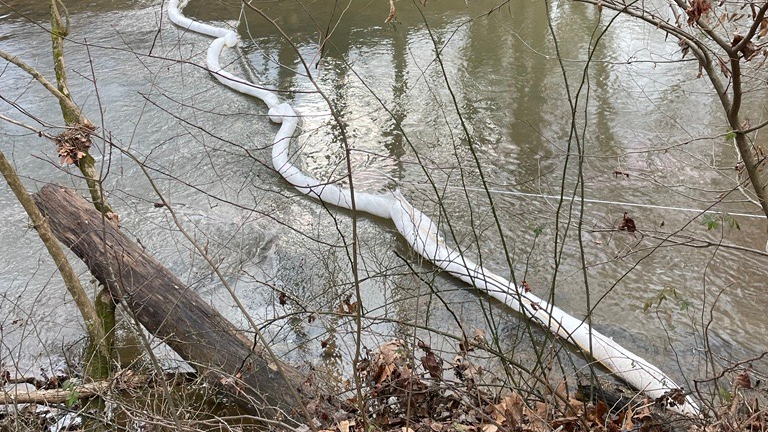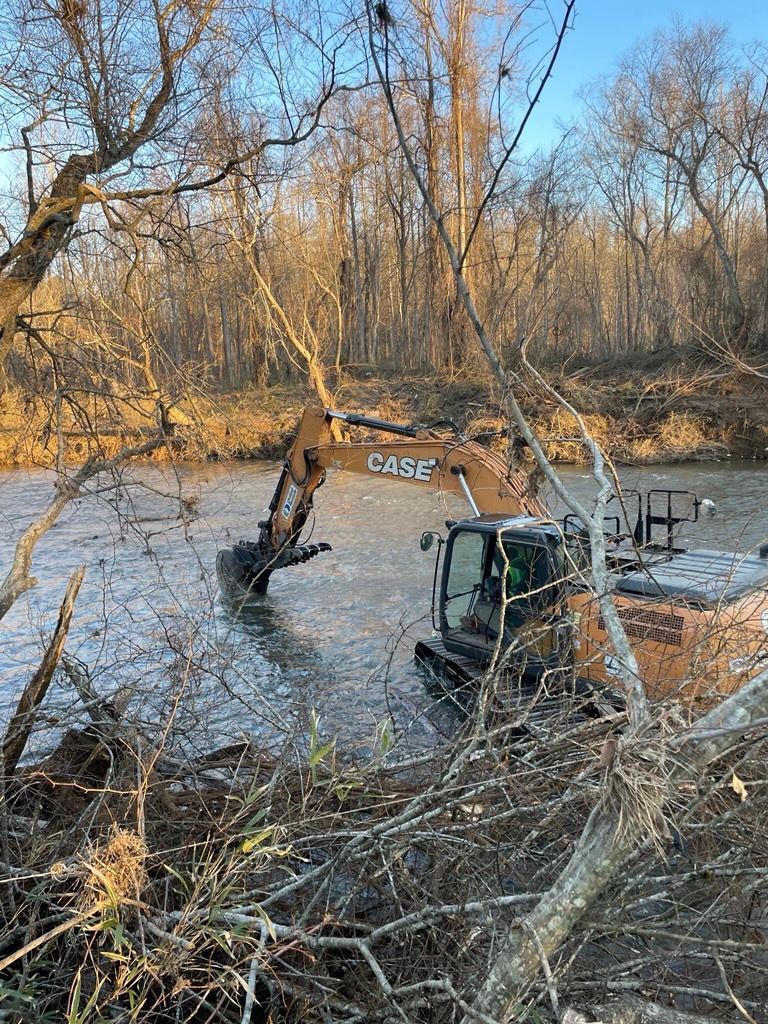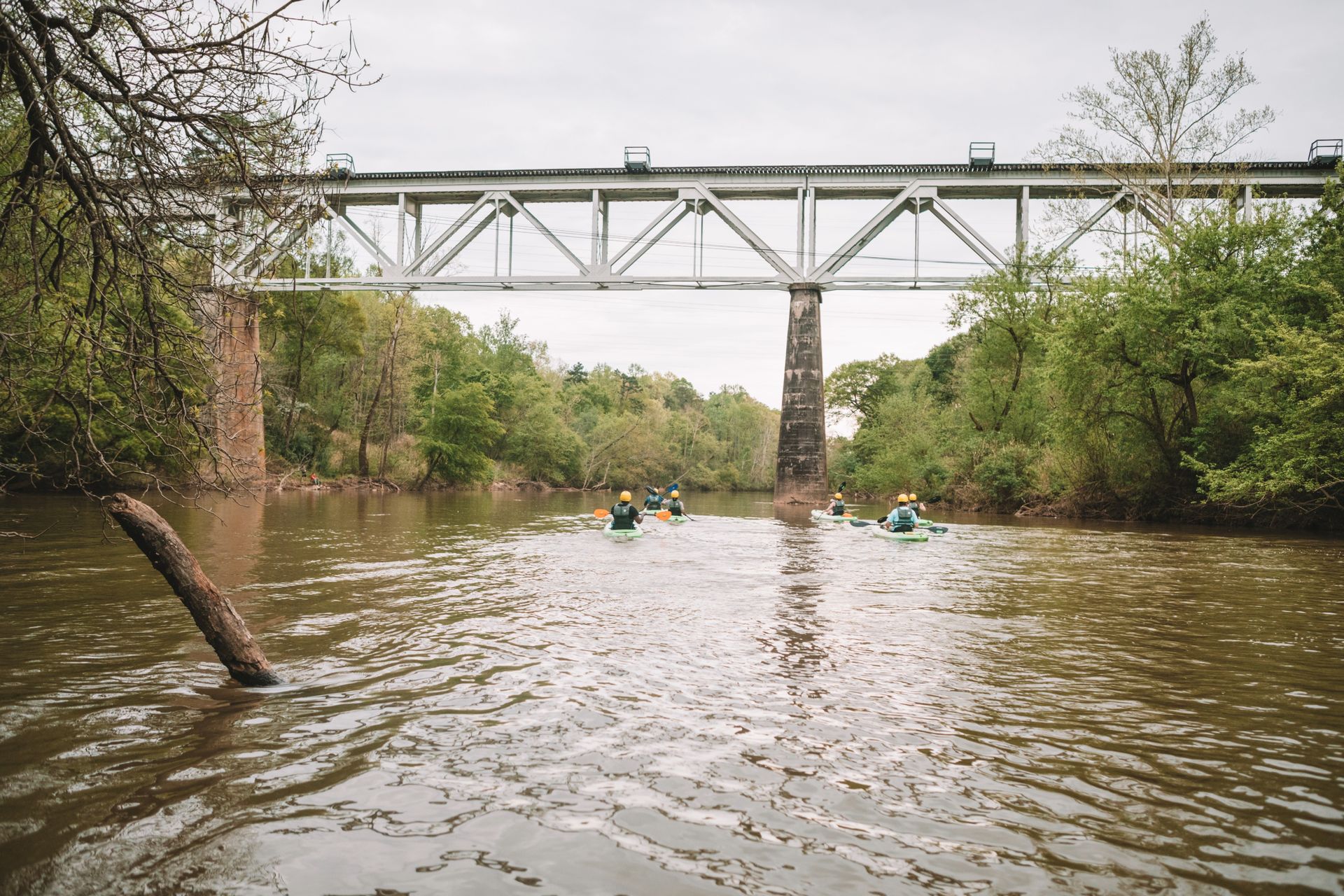Citizen Use of Pollution Reporter Leads to Accountability and Fines
Thanks to concerned citizens utilizing our Pollution Reporter Tool, Catawba Riverkeeper was able to track a spill and follow up with regulators.

There are many different ways to be involved with Catawba Riverkeeper that can help benefit water quality. Involvement can range from donating resources to volunteering your time and energy on cleanups to coming out to one of our retail locations and showing your financial support.
Did you know that another impactful way is to use the Pollution Reporter tool to share concerns you may have? You can report issues you see on either on our website or on the Catawba Riverkeeper App for Android or Apple!
Recently, multiple concerned citizens used the Pollution Reporter tool to help resolve a hydraulic oil spill on the Catawba River. Thanks to concerned citizens, Catawba Riverkeeper received reports just after New Year's Day about an oily substance floating down the Catawba River near Morganton. Within a matter of hours, we were able to visit the site and follow the discharge upstream to Silver Creek, a tributary of the Catawba River. After following the spill until it was not possible to go any further upstream, a spill boom (temporary floating barriers used to contain spills) was noticed to be stretched across the river, indicating someone knew of the spill and was actively trying to collect leaked material.
After notifying the North Carolina Department of Environmental Quality (NCDEQ) we were able to learn that SGL Carbon in Morganton had suffered a hydraulic leak due to a frozen pipe during the cold snap at the end of 2022, resulting in an illicit discharge and thereby violating their National Pollutant Discharge Elimination System (NPDES) permit. Over the next several days we continued to communicate with NCDEQ to learn more about the spill and to monitor the river for impacts. We were able to notify the public of the ongoing issue and recommend not recreating in that section of the Catawba until the spill was resolved.
After following up with NCDEQ, we later learned that between December 30th and January 4th approximately 75 gallons of hydraulic oil reached Silver Creek and the Catawba River. Following up with NCDEQ were able to confirm that a fine of over $8,000 had been administered and subsequently paid due to the violation.
Thanks to the involvement of concerned citizens reporting what they saw through our Pollution Reporter tool, we were able to successfully track the spill and follow up with the regulators to ensure the issues were not only corrected, but that action was taken to prevent spills in the future.
It may seem like a small thing to file a report on an app, but it takes everyone doing their part to make a big difference! Our Pollution Reporter tool is just one more way that you can get involved with Catawba Riverkeeper to help protect clean water for all!
